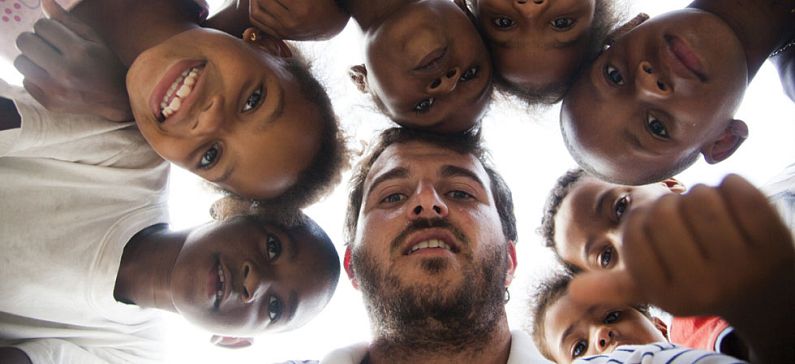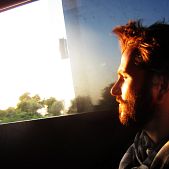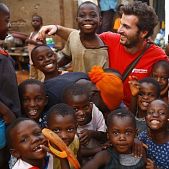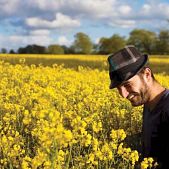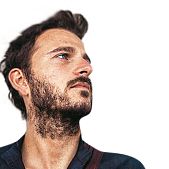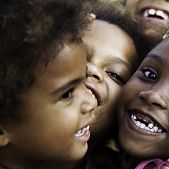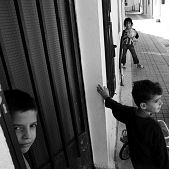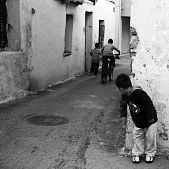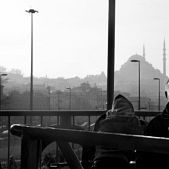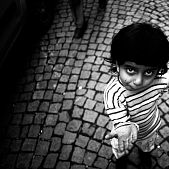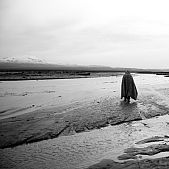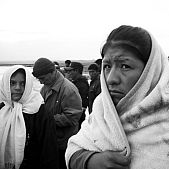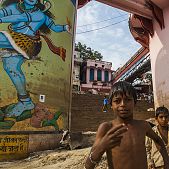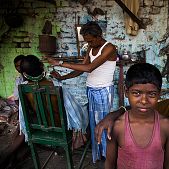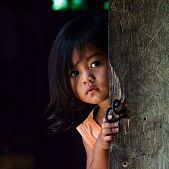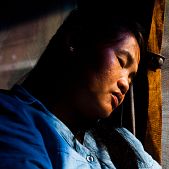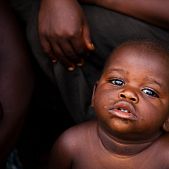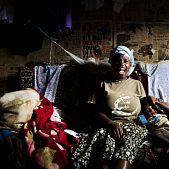What inspired you to move from computers and information science to photography?
At the young age of 17-18, you don’t choose things deliberately. I thought I liked computers and at the beginning I followed it, but later on I realized that I am rather a more creative than a computer person, despite the fact that one can express his creativity in computer programming. I felt the need to rather go out and explore the world than sit in front of a computer display. Photography entered my life gradually and it was a genuine motivation.
You are currently a professional photographer, aren’t you?
I truly love photography and despite the fact that I make my living out of it, I avoid seeing it as a job. I may sometimes work long hours and get exhausted, but eventually I feel quite satisfied. It is very important to me, I feel good with my projects. It was my goal when I decided to leave everything behind and start over. What I mean is that I do something that supports me both financially and mentally.
You have visited several parts of the planet. Is it really your habit to travel on the bus or has it changed in the meantime?
When it is possible, I always use the bus. First, because it is cheap and adds an extra magic to the travel. Having used other means of transportation in the past, I have discovered the magic of travelling by using the bus. Maybe, it’s all about things and details of my personality. It’s more relaxing, you have the time to think. I have conceived the best ideas and made the best thoughts while traveling on the bus. I had the proper time and the opportunity to do it.
It is a bit dangerous, isn’t it?
Just imagine that when I visited Bolivia, I found myself on the road of death, at a quite high altitude and on narrow paths. During my staying there, a bus fell off the road, claiming the lives of 40-50 people. My mother had been calling me every 5 minutes, because she had got worried. Danger is always present. In India and Vietnam there’s a hustle and bustle in the streets. However, you need to have faith in whatever you do and that’s how I keep on traveling around in safety. If I kept thinking something bad will happen, I wouldn’t have visited half the places I eventually visited and wouldn’t have done half of the things I did. I have ignorance of danger and had also been lucky.
People who have ignorance of danger are people who have never been in danger or people who have been in danger and had the opportunity to evaluate it?
The latter, I believe. However, I think that it is ourselves that we make things difficult. I choose to see the simple side of things. When you put a lot of thought on something, nothing will actually happen. I simply prefer not to think about it, do it and allow the instinct of survival and self-support to protect me. I believe that’s the secret to always being a winner. It’s better to do something rather than think whether to do it or not and analyze it. It ruins everything, all the magic.
Around Greece on the bus?
It’s difficult to appreciate things in your homeland. You have grown used to them. Of course, by having lived abroad for many years, I appreciate the beautiful places in Greece and I love them. I just think that the reason why my interest is oriented towards foreign countries so far lies in the truth that while I’m still young and fit and free to put myself out there and visit any place I want for as long as I want, I make an effort to explore the world. When I grow older and things are difficult, it would be easier to come back to Greece. Anyway, everyone loses something as years go by. Now that I can still run, I choose to do it later on.
How do people deal with you?
It’s all about how you deal with people. I deal with them as equal, neither as the photographer nor as the traveler. That’s why I believe that all the people I have met in my trips and have made strong friendships and keep contact with, deal with me as friends. That’s the only way you can enter somebody’s life and understand his reality. The pictures I take are not planned. They are original, because I treat people as my friends and not as my photographic concepts.
Any problems in understanding one another?
Wherever I go, I try to learn one thing or two about their language. Actually English is spoken almost everywhere. In some places, like some villages in Vietnam, understanding was impossible, because besides language, gestures are also completely different. Their body language is different. So, I was trying to explain what I wanted using my body and they eventually understood exactly the opposite. It took me 6 hours under the rain to find a bus in a small town of 10.000 people. It was nearby, but I couldn’t understand nor be understood.
This is all your funny and painless experience. Was there any danger involved?
Some incidents happened to me, but in general the ignorance of danger has supported me. I ignore fear and this offers me the advantage to walk the streets with self-confidence and relaxed as I would walk around my own home, preventing bad things from happening, like being attacked or stolen. Others feel it too. When observing the people around me, I see travelers, tourists being anxious and scared. When somebody realizes that you’re scared, he will try to cause you harm. I believe that by walking around relaxed, I have guarded myself from danger. I see people straight in the eyes, I walk towards them and take the initiative to talk to them. There are ways to avoid a bad situation and turn it in your favour. However, I have come across dangerous situations, like in Cambodia. I was riding my bicycle to a village, carrying my camera hung on my shoulder. Two guys went by and tried to snatch my camera, threw me off my bicycle, I hurt my feet, they dragged me, but then I stood up and started yelling to scare them and after realizing that they had missed their target, they ran away. I want to see the positive side of things. This bad incident happened, but I moved on, because bad things can always happen everywhere, even just outside your doorstep. What’s important is to get over fear. Stimulus comes from outside, but fear lies within.
